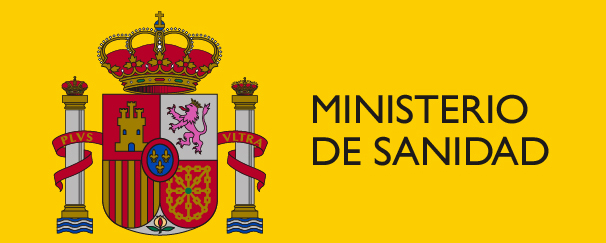Estudio alergia (pruebas de provocación)
Una Recomendación de No Hacer es una indicación de abandonar una práctica clínica de escaso valor. El escaso valor lo determina el hecho de que la práctica no reporte ningún beneficio conocido para los pacientes y/o les ponga en riesgo de sufrir daños y además pueda suponer un derroche de recursos, sanitarios y/o sociales.
Las Recomendaciones de NO Hacer incluidas en el Catálogo son las que cumplen todos estos criterios.
Para solicitar la inclusión en el Catálogo, es preciso cumplimentar el formulario.
Ver más información sobre la Iniciativa NO Hacer
No hacer IgE específica para alérgenos sin historia clínica con síntomas de reacciones adversas o sin pruebas “in vivo” previas. En todo caso no realizar estudios sistemáticos de varias Inmunoglobulinas contra alérgenos sin una revisión exhaustiva
Sociedad Científica: Sociedad Española de Medicina de Laboratorio (SEMEDLAB)
Soares-Weiser K et al. The diagnosis of food allergy: a systematic review and meta-analysis. EAACI Food Allergy and Anaphylaxis Guidelines Group. Allergy 2014; 69 (1):76–86.
. NIAID-Sponsored Expert Panel, Boyce JA et al. Guidelines for the diagnosis and management of food allergy in the United States: report of the NIAID-sponsored expert panel. J Allergy Clin Immunol 2010; 126 (6 Suppl):s1–58.
Soares-Weiser K et al. The diagnosis of food allergy: a systematic review and meta-analysis. EAACI Food Allergy and Anaphylaxis Guidelines Group. Allergy 2014;69(1):76–86.
No realizar pruebas cutáneas o in vitro con alérgenos sin haber realizado previamente una historia clínica detallada.
Sociedad Científica: Sociedad Española de Alergología e Inmunología Clínica (SEAIC)
Sicherer SH, Wood RA. American Academy of Pediatrics section on allergy and inmunology. Allergy testing in childhood: using allergen-specific IgE tests. Pediatrics 2012;129(1):193-7.
Bird JA et al. Food allergen panel testing often results in misdiagnosis of food allergy. J Pediatr 2015;166(1):97-100.
No realizar las pruebas diagnósticas y procedimientos terapéuticos de riesgo en Alergología, sin garantías de calidad y seguridad clínica.
Sociedad Científica: Sociedad Española de Alergología e Inmunología Clínica (SEAIC)
National Institute for Clinical Excelllence (NICE) 2014. Drug allergy: diagnosis and management of drug allergy in adults, children and young people Clinical Guidelines [CG183].
No realizar pruebas diagnósticas de dudosa eficacia, como la inmunoglobulina G (IgG) o una batería indiscriminada de inmunoglobulina E (IgE) a alérgenos en el estudio de las alergias.
Sociedad Científica: Sociedad Española de Alergología e Inmunología Clínica (SEAIC)
National Institute for Clinical Excelllence (NICE) 2014. Drug allergy: diagnosis and management of drug allergy in adults, children and young people Clinical Guidelines [CG183].
Bernstein I, Li J, Bernstein D et al. Allergy diagnostic testing: an updated practice parameter. Ann All Asthma Immunol 2008;100:s1-148.





